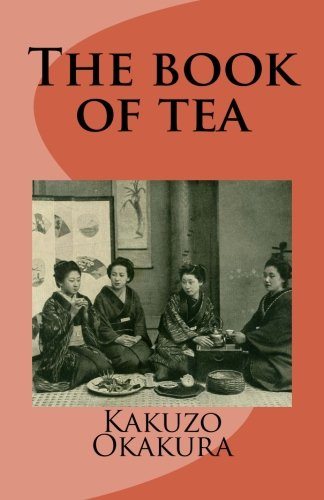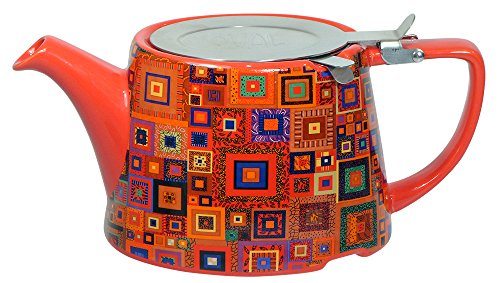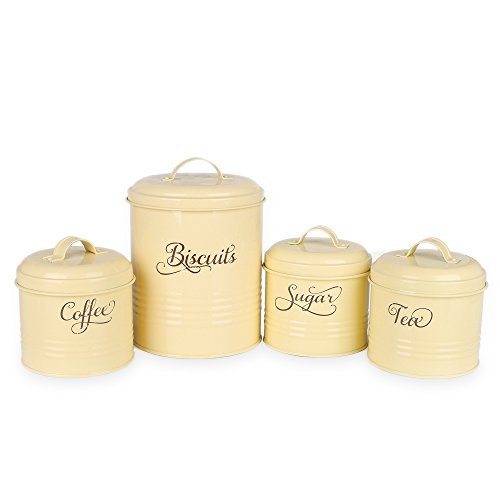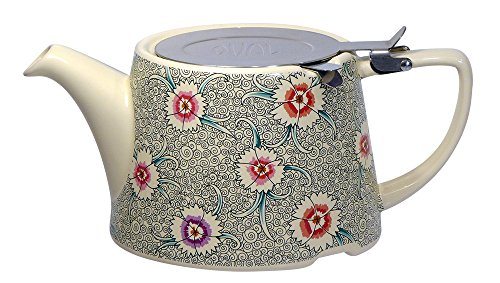The book of tea
Tea began as a medicine and grew into a beverage. In China, in the eighth century, it entered the realm of poetry as one of the polite amusements. The fifteenth century saw Japan ennoble it into a religion of aestheticism—Teaism. Teaism is a cult founded on the adoration of the beautiful among the sordid facts
Tea began as a medicine and grew into a beverage. In China, in the eighth century, it entered the realm of poetry as one of the polite amusements. The fifteenth century saw Japan ennoble it into a religion of aestheticism—Teaism. Teaism is a cult founded on the adoration of the beautiful among the sordid facts of everyday existence. It inculcates purity and harmony, the mystery of mutual charity, the romanticism of the social order. It is essentially a worship of the Imperfect, as it is a tender attempt to accomplish something possible in this impossible thing we know as life.That a nation should construct one of its most resonant national ceremonies round a cup of tea will surely strike a chord of sympathy with at least some readers of this review. To many foreigners, nothing is so quintessentially Japanese as the tea ceremony–more properly, “the way of tea”–with its austerity, its extravagantly minimalist stylization, and its concentration of extreme subtleties of meaning into the simplest of actions. The Book of Tea is something of a curiosity: written in English by a Japanese scholar (and issued here in bilingual form), it was first published in 1906, in the wake of the naval victory over Russia with which Japan asserted its rapidly acquired status as a world-class military power. It was a peak moment of Westernization within Japan. Clearly, behind the publication was an agenda, or at least a mission to explain. Around its account of the ceremony, The Book of Tea folds an explication of the philosophy, first Taoist, later Zen Buddhist, that informs its oblique celebration of simplicity and directness–what Okakura calls, in a telling phrase, “moral geometry.” And the ceremony itself? Its greatest practitioners have always been philosophers, but also artists, connoisseurs, collectors, gardeners, calligraphers, gourmets, flower arrangers. The greatest of them, Sen Rikyu, left a teasingly, maddeningly simple set of rules: Make a delicious bowl of tea; lay the charcoal so that it heats the water; arrange the flowers as they are in the field; in summer suggest coolness; in winter, warmth; do everything ahead of time; prepare for rain; and give those with whom you find yourself every consideration. A disciple remarked that this seemed elementary. Rikyu replied, “Then if you can host a tea gathering without deviating from any of the rules I have just stated, I will become your disciple.” A Zen reply. Fascinating. –Robin Davidson, Amazon.co.uk













Philosophy of Tea This books is a quick and informative introduction to the philosophy underpinnig “Teaism”. The book outlines how tea masters tried to live their lives according to the simple grace of the Japanese tea ceremony.For those looking for detailed instructions on conducting a tea ceremony, look elsewhere. But for those who want a handbook on a way of life, read further
Philosophy, Life, Art, Flowers, Architecture, This Moment… and Tea. Appreciation. Published in 1906, Okakuraâs âBook of Teaâ espouses that tea is the foundation for a system of life, a philosophy, and itâs associated benefits all conspire to bring together that which is fundamental, holistically and spiritually. From Taoist and Zen upbringings, Teaism (not a typo!) comes with an admixture of the two as a world-philosophy, disposition and mindset. Being in the here and now and as Okakura writes: âThe whole ideal of Teaism is a result of this Zen conception of greatness in the…
Remains the classic introduction to Chado Okakura’s book is a timeless dissertation on both the nature of tea and of Japanese culture that adapted it from earlier origins in China, transforming the simple act of making and serving a humble beverage into a quintessential microcosm of the Japanese traditional art of living. Though written for the edification of Westerners in another age, the author’s wonderfully crafted prose still convincingly conveys the significance of green tea in a manner that doesn’t require you to become a Zen…